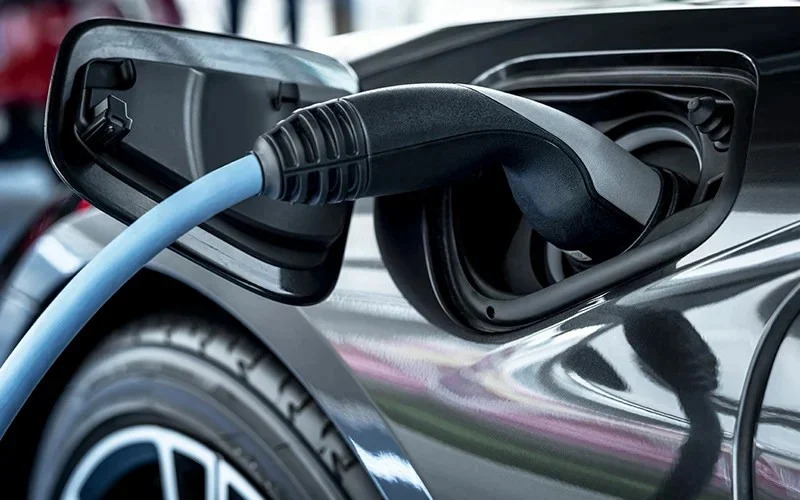Make it worthwhile to switch to clean energy, govt urged

Industry players and consumers hope to see more incentives to support long-term commitment to environmental conservation.
PETALING JAYA: The government must offer incentives over and above subsidies and tax cuts to encourage Malaysians to switch to more environmentally-friendly energy options, according to business and consumer groups.
The Malaysian Photovoltaic Industry Association (MPIA) said such incentives could lead to more households and businesses opting for green energy.
Meanwhile, the Electric Vehicle Association of Malaysia (Evam) and the Malaysian Electric Vehicle Owners Club (MyEVOC) want to see incentives that could wean car owners off carbon fuels.
They want such incentives included in Budget 2023 that will be tabled by Prime Minister Anwar Ibrahim on Feb 24.
MPIA president Davis Chong said subsidies and tax cuts such as the green investment tax allowance and the green income tax exemption have helped to relieve consumers of the burden of switching to sustainable technology.
“However, they are only temporary,” he told FMT Business.
Providing a platform
Chong said MPIA and renewable energy providers would like to see the establishment of a peer-to-peer (P2P) energy trading platform.
He said this would enable “prosumers” (people who produce some of the energy they consume) and consumers to trade excess electricity without an intermediary.
“The platform will have to be supported by digitalisation to ensure transactions are secure and transparent,” he said.
Additionally, he said, funds should be allocated to encourage businesses to start using battery energy storage systems (BESS). These incentives could come in the form of subsidies or sale and service tax exemptions.
Chong said similar initiatives that were introduced under Budget 2022 were good but biased in favour of businesses.
Adding to the chorus, renewable energy producer Solarvest Holdings Bhd said personal income tax relief of up to RM10,000 per year for up to five years could encourage homeowners to install rooftop solar photovoltaic systems.
Carrot and stick approach for EVs
Meanwhile, Evam has proposed that businesses and individuals who switch to electric vehicles (EVs) be rewarded while conditions for investments in internal combustion engines be tightened.
“The process of weaning Malaysians off carbon fuel vehicles should start immediately if we hope to see widespread use of EVs,” Evam president Dennis Chuah told FMT Business.
He said that in Malaysia, the price of petrol is still at an affordable level. “I look forward to the day when there are subsidies for those who convert to EV.”
To encourage the switch to EVs, the government plans to install 10,000 charging points across the country by 2025.
Chuah said these charging points must be at strategic locations to quell anxiety over availability.
“There must be a charging station where you live and where you work (to make you feel comfortable),” he said.
MyEVOC suggested that an emission-based road tax bracket is introduced.
Currently, the quantum of road tax is determined by the engine capacity of the vehicle while that for EVs it is based on the battery power capacity.
MyEVOC president Shahrol Halmi said this was unfair to EV owners.
He said there should also be a requirement for owners of office buildings to ensure that at least 20% of car parking bays are reserved for EVs, complete with the charging points.
“Tax incentives can be given to businesses that provide EV charging facilities for employees and visitors,” he said.
Chuah said that over and above that, there should be a cross-agency body that has the mandate to set targets and monitor emissions along the line of the UK’s office for zero emission.
The body should also be responsible for regulating price per kWh for charging and to enforce the “right to charge” rule for multi-user dwellings, he said.
He expressed hope that there will come a time when EV parts are manufactured in Malaysia.
Rather than remain as assemblers, it is important for the government to localise the manufacturing process as well, he said.
Source: Free Malaysia Today
